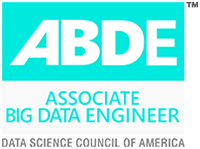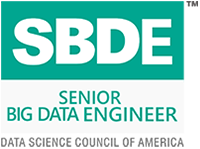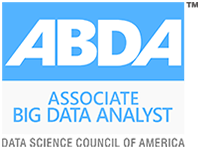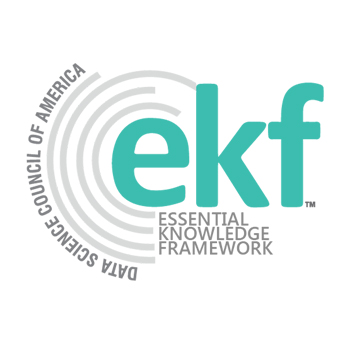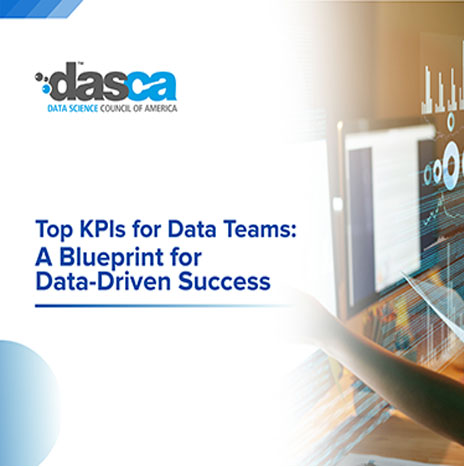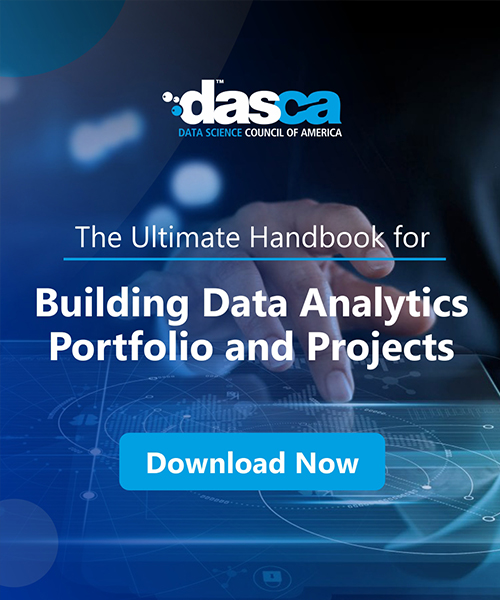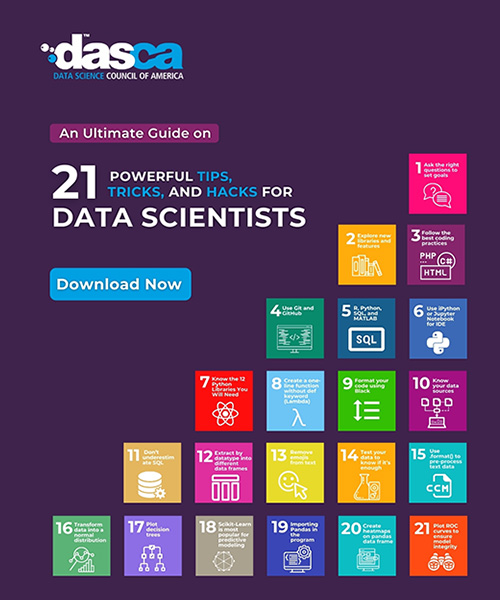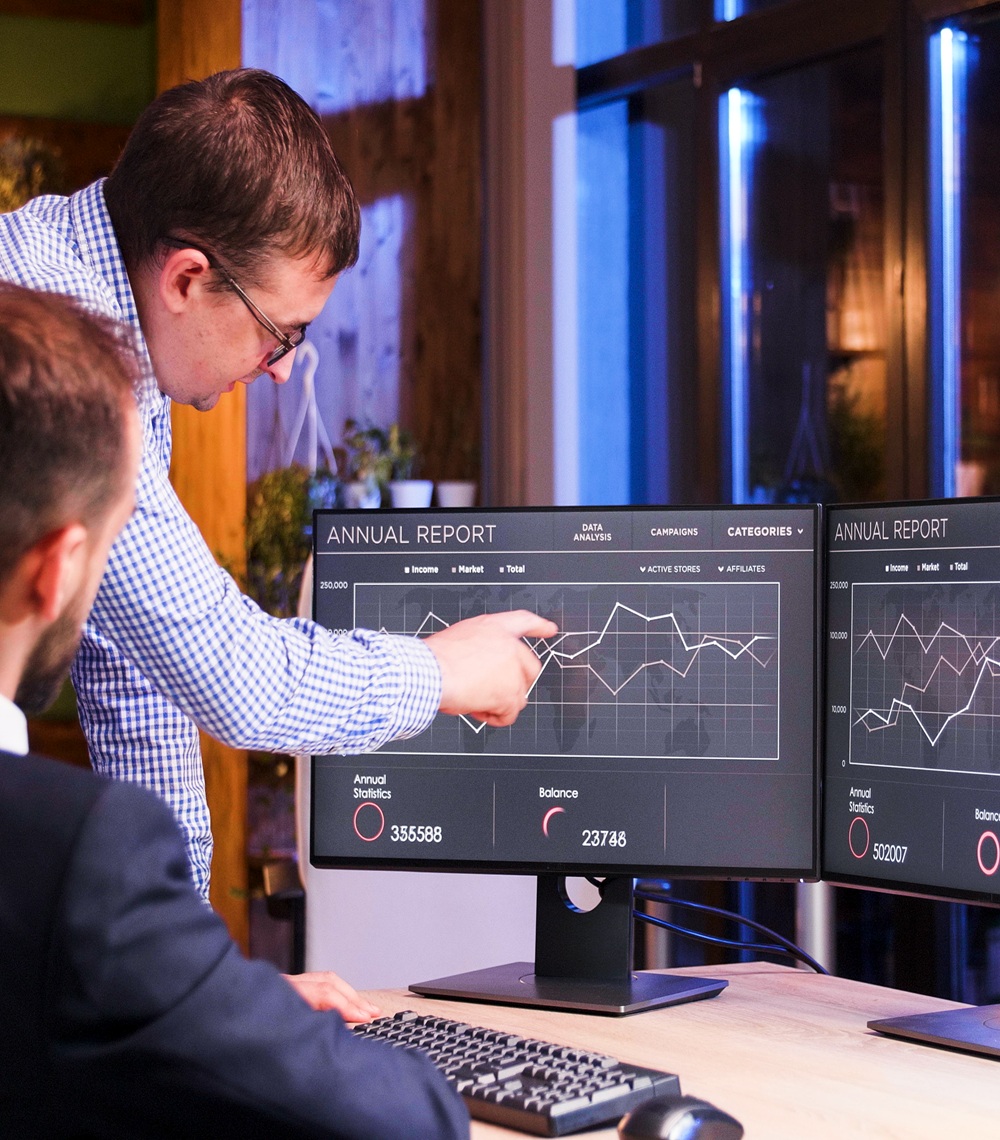
Industrial data scientists play a dual role – as data scientists and domain experts. They are the best of both worlds, forming a new pillar of the industrial workforce. DASCA provides an introduction to the role of an industrial data scientist here.
Industrial data science is the emerging skill set in the new future. Industrial data scientists form the new breed of experts who are tech-driven, data-empowered domain experts with access to industrial data, ML/AI, and analytics tools.
They stand at the crossroads between traditional data scientists and industrial domain experts. They are the domain experts shifting over to the data realm. This is going to be the key trend in the near future.
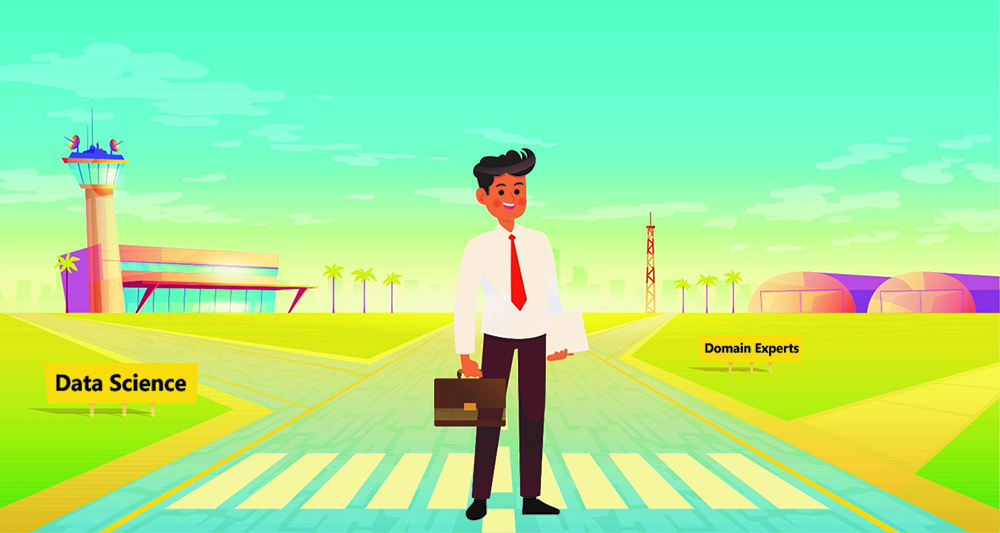
Traditionally, data scientists come from a background in computer science or software engineering. Whereas, industrial data scientists come from the industrial sector – industrial engineering, petroleum, or chemicals, and then gain expertise in data science. Let’s dig deeper into this special role here.
The new role of industrial data scientists
Industrial data scientists play a dual role as data scientists and domain experts. They supply a new level of knowledge other data scientists may not have. They incorporate their domain knowledge into data science projects to solve real-world problems in the field.
With their domain knowledge, they translate raw data into actionable insights, speed time to market, create new opportunities for business value, and gain a high ground in securing new levels of market share. They are entrusted to build complete, high-performing, and sustainable Artificial Intelligence and Machine Learning models while maximizing productivity and efficiency.
In simple words, they shrink the gap between ideation and productization with their domain expertise and innovative ideas. Automation of tedious parts of the job makes production outputs efficient while freeing up the domain experts for innovative tasks.
Why do we need industrial data scientists?
Industrial data science is about building a smarter company infrastructure. It should blur or thin the line between the operational and digital processes. Big data analytics provides innovative opportunities to establish an efficient process, reduce cost and risk, improve safety measures, maintain regulatory compliance, and better decision-making.
So, domain experts who excel in data science can move the needle faster. Let’s take 2 examples here.
A. Industrial data scientists in petroleum engineering
Asset usage and operations scheduling can be made better with real-time decisions. Data can help to optimize production levels, improve accuracy, reduce waste, and manage energy consumption. Industrial domain experts can use data for improving supply chain operations, increasing distribution channels, and streamlining of processes.
Domain knowledge helps to understand the business problem and add value by solving the problem. Data science tools will be just a tool, but expertise in the same domain is something appreciated and required. Also, mathematics and statistics background are essential, so that company would prefer you rather than who have computer science knowledge. All you have to learn is programming, machine learning, and use data-driven approach for solving business problems. Doing lot of projects is an add-on to your resume.
A typical petroleum engineer’s technical skill set does not have programming, data engineering, or machine learning. But these skills are needed to transform the future of their practice within the industry.
Building data literacy with DASCA
The next generation of petroleum engineers should have the core industry knowledge and domain-specific data science skills. DASCA’s data science certifications allow professionals to excel in advanced data science concepts that help them to become a skilled data scientist.
One can take the domain problem from petroleum and apply machine learning engineering. For instance, if you are applying for Halliburton, domain knowledge on petroleum topped with data science skills will make your resume unique and interesting. Though professionals have subject matter expertise, someone from the same domain background suits them better.
B. Industrial data scientists in finance
In finance, data science is used to reduce losses, augment profits, forecast consumer behavior, and mitigate risks. It relies on machine learning to conduct trade surveillance and detect fraud. Hedge funds and investment banks use machine learning algorithms to automate market trading, analyze and scale customer data, customer due diligence, transaction monitoring, and screening of sanctions to remediate suspicious activities.
Further, machine learning is used to identify anomalies in customer behavior indicating credit card scams. Some of the measurable outcomes in the industry include automated handling of fraud cases; improved approaches for KYC and thus data quality; reduced escalation rates; and increased global compliance.
Building data literacy with DASCA
A graduate in commerce or an MBA holder with data science skills can go to financial firms like Goldman Sachs. The right time to deploy AI and ML solutions in your finance firm’s ecosystem and reduce financial crimes now.
Evidently, the next generation of finance graduates requires industry knowledge and domain-specific data science skills. DASCA’s data science certifications enable you to engineer data for your financial sector easily. It gives you the required competitive edge and helps you gain a smooth entry to Big 4 companies.
Key takeaway
Digitalization initiatives and workforce changes are shifting the role of domain experts. Industries seek for professionals who have both domain expertise and data science skills. They are inclined more toward data-driven work and becoming an integral part of digital transformation by leveraging data science to drive new value.
Applying data science, mathematics, machine learning, and statistics helps you to manage data. It helps organizations to make proactive decisions rather than remedial solutions.
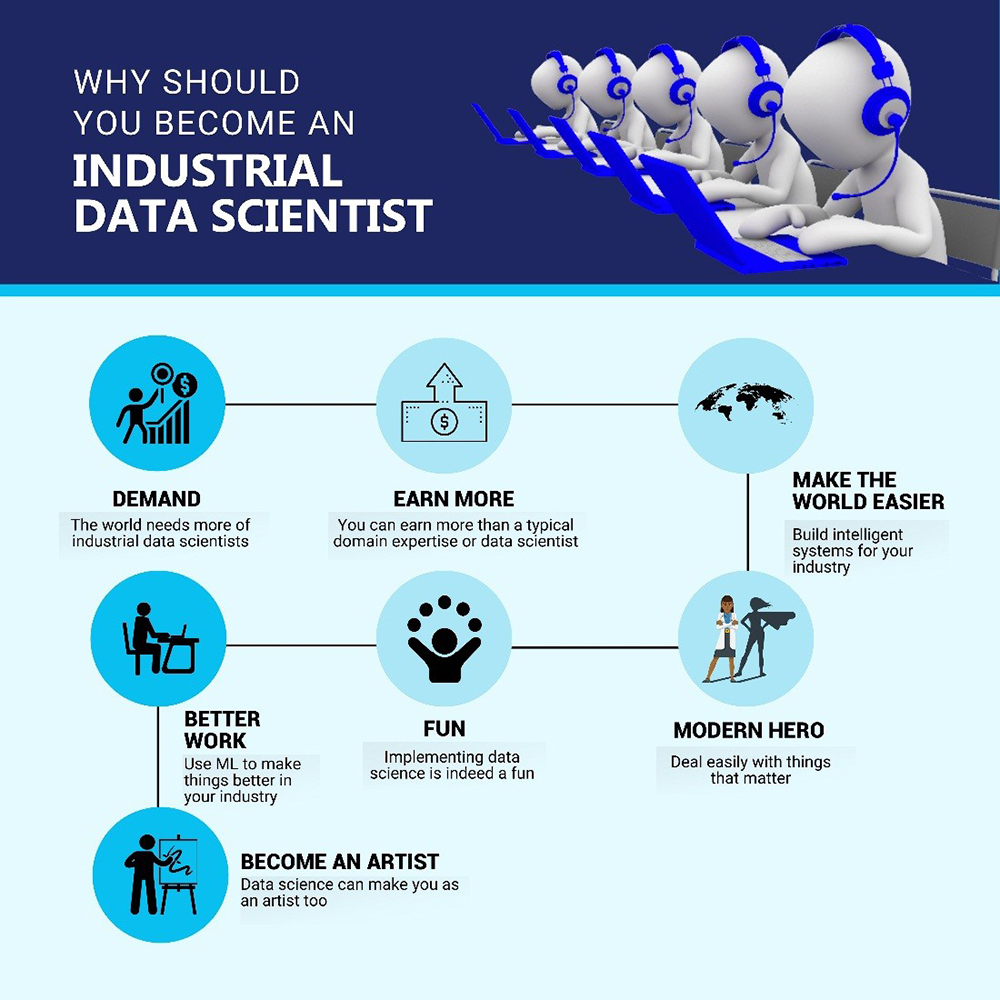
Figure 2 Why should you become an industrial data scientist
Are you ready to be the next industrial data scientist?




